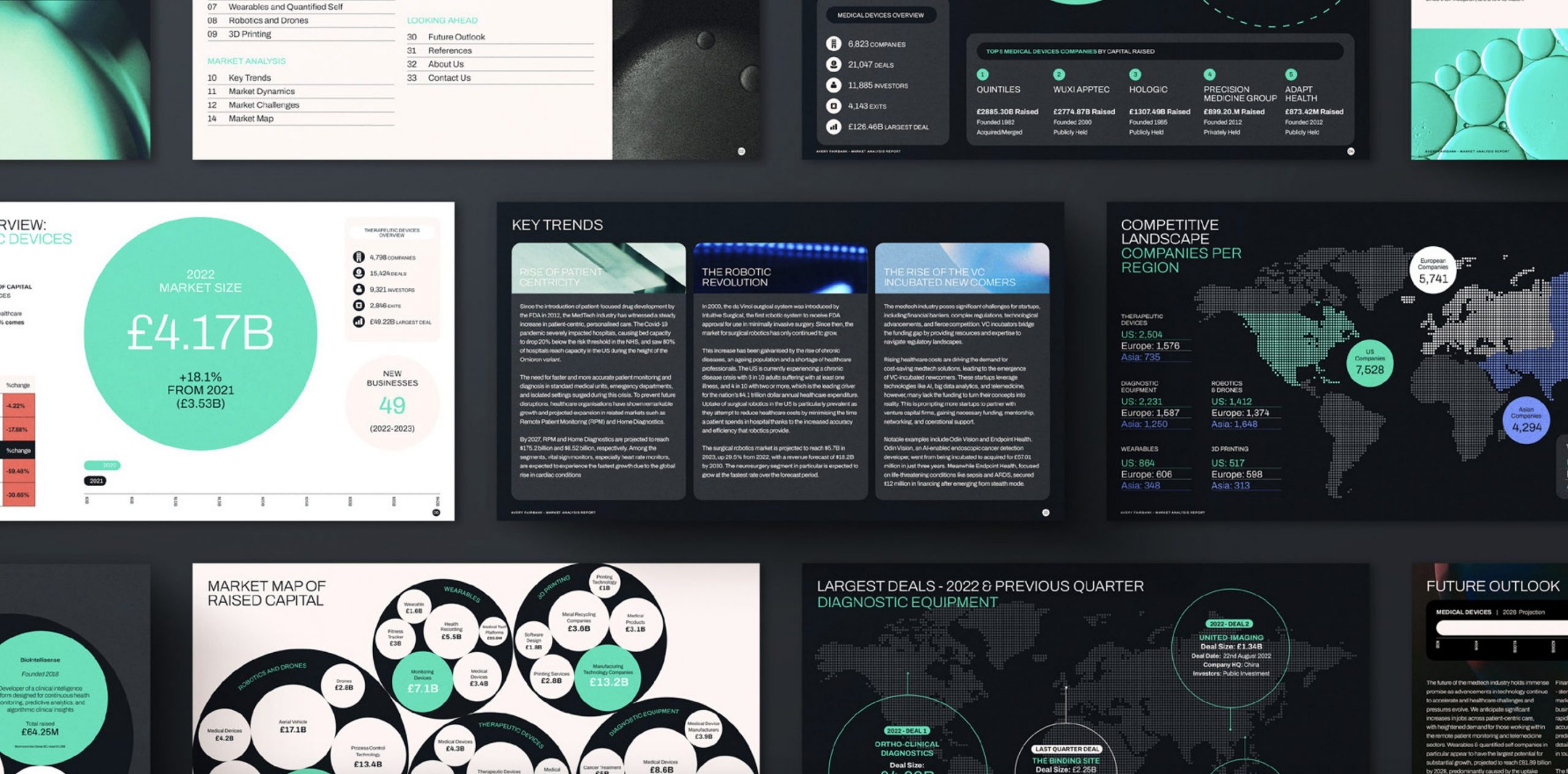February 27, 2024
Though quantum computing might appear to be a concept straight out of science fiction, it is, in fact, an advancing technology set to significantly affect various sectors, particularly security. The advent of large-scale quantum computing raises increasing worries about its effects on the cyber security landscape and the potential risks for organisations. The extent of current preparatory measures by businesses will be crucial in minimising their susceptibility to such threats, emphasising the importance of prioritising quantum risk planning immediately.
Understanding Quantum Computing
Quantum computing is an advanced technological field that leverages quantum mechanics principles to solve complex problems beyond the reach of traditional computers. IBM Quantum leads in this arena, providing real quantum hardware that transforms a concept envisioned three decades ago into a tool for a broad developer network. With advancements in superconducting quantum processors and the integration of quantum and classical systems, quantum computing’s speed and capacity are rapidly improving, promising significant global impacts.
Unlike classical computers, which rely on binary code and are limited by 20th-century technology, quantum computers use qubits to perform calculations, making them ideally suited for modelling real-world complexities governed by quantum physics. This capability is crucial for tasks like molecular simulations, where classical supercomputers fall short due to their inability to manage the intricate interactions within molecules.
Quantum computers, through multidimensional computational spaces created by quantum algorithms, offer a more effective solution for such challenges. Central to quantum computing are superconducting qubits operated at near absolute zero temperatures to maintain quantum states, utilising phenomena like superposition, entanglement, and interference to manipulate and read quantum information, thereby enabling quantum computers to address some of the most daunting problems in various fields, including chemistry, finance, and engineering.
The Potential of Quantum Computing in Business
For organisations, the implications of quantum computing are profound. This technology, grounded in quantum mechanics, promises processing speeds exponentially faster than today’s classical computers. The progress in this field is rapid; for example, in 2022, the 66-qubit ‘Zuchongzhi 2.1‘ quantum computer solved a task in four hours that would have taken a leading-edge supercomputer 48,000 years to complete. IBM recently developed a 1,121-qubit quantum processor at the end of 2023, illustrating the swift advancement of quantum technology fueled by substantial worldwide investments. According to the World Economic Forum, the global investment in quantum computing by governments and businesses hit $35.5 billion in 2022, with expectations of continued growth.
As the quantum revolution approaches, organisations will have the opportunity to harness this unparalleled computational power to enhance various security processes, including but not limited to:
- Utilising advanced machine learning algorithms for more accurate threat intelligence detection;
- More efficiently identifying and analysing alerts, reducing false positive rates;
- Enhancing vulnerability scanning to more effectively pinpoint weaknesses in an organisation’s network.
Quantum Computing’s Harmful Impact on Cyber Security
However, the emergence of quantum computing also introduces notable risks, particularly in data protection. Quantum computers’ ability to quickly bypass many of today’s cryptographic algorithms poses a significant threat, potentially leaving existing encryption methods obsolete and exposing sensitive information to cyber threats.
The Quantum Threat Timeline Report by the Global Risk Institute, released in December 2022, indicates that a significant number of experts anticipate that within the next 15 years, quantum computers will likely possess the capability to decrypt public key cryptography within a day. This emerging quantum threat poses varying levels of risk across different industries, yet all organisations, under regulations such as GDPR, are mandated to safeguard the data they hold. This data, whether it encompasses personal customer details, healthcare records, or classified government information, is at risk of breaches that could lead to severe financial, reputational, or legal damages.
There’s a concern that cyber attackers may already be collecting encrypted organisational data, intending to decrypt it with quantum technology in the future. Consequently, it’s imperative for organisations to proactively include quantum threat mitigation in their long-term risk management strategies and to start enhancing their data protection protocols immediately. Taking these steps now will help secure sensitive and crucial information against future quantum computing capabilities, thereby reducing the potential adverse effects of such technological advancements.

How to Prepare for a Quantum Future
Preparing for the quantum computing era is crucial, even if it appears to be a distant reality. The advent of this technology is set to significantly impact cyber security, potentially triggering rapid changes in cryptographic practices as attackers and defenders race to leverage quantum advancements for both undermining and enhancing security measures. The National Institute of Standards and Technology (NIST) is actively collaborating with industry specialists to forge quantum-resistant encryption technologies. Despite being an area of ongoing research, quantum-safe solutions are indeed available. To gear up for the quantum shift, organisations should:
- Thoroughly assess their potential risk exposure throughout their entire value chain;
- Develop strategies to swiftly adopt and implement new cryptographic methods as soon as they emerge;
- Plan for the eventual discontinuation of data, products, and systems that will not meet the cyber security demands of the quantum computing era.
The significance of these quantum technological developments prompted President Biden to enact legislation urging U.S. federal agencies to start transitioning to post-quantum cryptography. Similar regulatory movements are also anticipated to be implemented in Europe. With quantum security becoming a focal point for local regulators, organisations will need to revise their cyber security strategies, encompassing policy, compliance, and risk management frameworks.
As organisations start to feel the urgency, the quest for quantum solutions will intensify, leading to a surge in costs and a scarcity of service providers. It is advised that companies take a proactive stance in planning for quantum risks to stay ahead of rapid technological advancements. Despite taking prompt measures, there’s no assurance that the extensive data migrations will be finalised prior to the advent of a large-scale quantum computer.
Avery Fairbank Talent Insight
The emerging threat of quantum computing on cyber security has influenced demand for professionals in this domain. Globally, there has been a 46% increase in professionals involved in quantum computing and cyber security since last year according to LinkedIn. Amongst this talent, the top three most common skills include Python, artificial intelligence and machine learning. Computer Science (+116%), Analytics (+109%) and React.js (+105%) are the skills which have seen the biggest uptick since last year. Despite increased demand for professionals in this area, there is a looming skills gap currently preventing the quantum revolution from blooming.
Conclusion
The growth of quantum computing presents significant implications for cyber security, blending unprecedented computational power with new security challenges. As we edge closer to realising quantum’s full potential, the urgency for organisations to adapt and protect against quantum threats becomes vital.
This evolving landscape demands a proactive stance, underpinned by enhanced skills and a forward-thinking approach to encryption and data protection. In balancing the opportunities and risks quantum computing brings, the collective effort towards quantum readiness and cyber security resilience is crucial. Ensuring a secure transition into the quantum era requires not just technological innovation but strategic foresight and collaboration across various sectors.

Published on 27-02-2024


